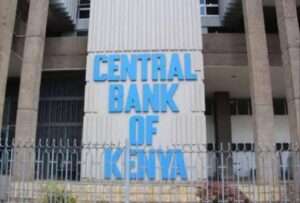
Bitcoin. Photo | Courtesy.
Cryptocurrency firms in Kenya have voiced strong opposition to provisions in the proposed Virtual Asset Service Providers (VASP) Bill, 2025, which would introduce heavy penalties and stricter compliance requirements for digital asset businesses.
At the centre of the outcry is a clause that would impose a fine of up to Sh10 million or jail terms of up to five years on non-compliant operators. Industry stakeholders argue that such punitive measures risk stifling innovation in the rapidly evolving cryptocurrency ecosystem.
“This bill, in its current form, could choke the sector before it has fully matured,” said Allan Kakai, Director at the Blockchain Association of Kenya (BAK). “We’re not against regulation, but it must be proportionate and progressive.”
ALSO READ: National Assembly Passes Bill to License All Crypto Firms
The bill also proposes a three percent tax on all crypto transactions a rate the industry says is excessive given traders often operate on slim margins.
“Most traders only make one percent profit per transaction. A flat tax of three percent wipes out any gain and discourages investment,” added Kakai during a presentation to the National Treasury.
In addition, the draft law would require all crypto firms to open local offices and have their chief executive officers vetted and approved by regulators such as the Capital Markets Authority (CMA). Directors would also be restricted to serving on only one crypto company board at a time, a move critics warn could suppress innovation.
“The industry thrives on agility and cross-functional leadership. Mandating board exclusivity undermines collaboration and knowledge sharing,” said BAK Chairperson Roselyne Wanjiru.

The National Treasury has since opened the bill for public consultation, inviting feedback from stakeholders to shape a balanced legal framework.
“We’re reviewing all submissions and will ensure the final law supports innovation while addressing the risks associated with digital assets,” said a Treasury official familiar with the review process.
The International Monetary Fund (IMF) has repeatedly called on Kenya to develop clear crypto regulations to curb illicit financial flows, money laundering, and terrorism financing concerns that prompted the drafting of the VASP Bill.
Despite the concerns, BAK chairperson said that Kenya has the potential to spearhead crypto adoption in Africa. “We hope this is the beginning of an honest dialogue. Kenya has the potential to lead in crypto adoption across Africa, but only with the right safeguards, not shackles,” Wanjiru said.





